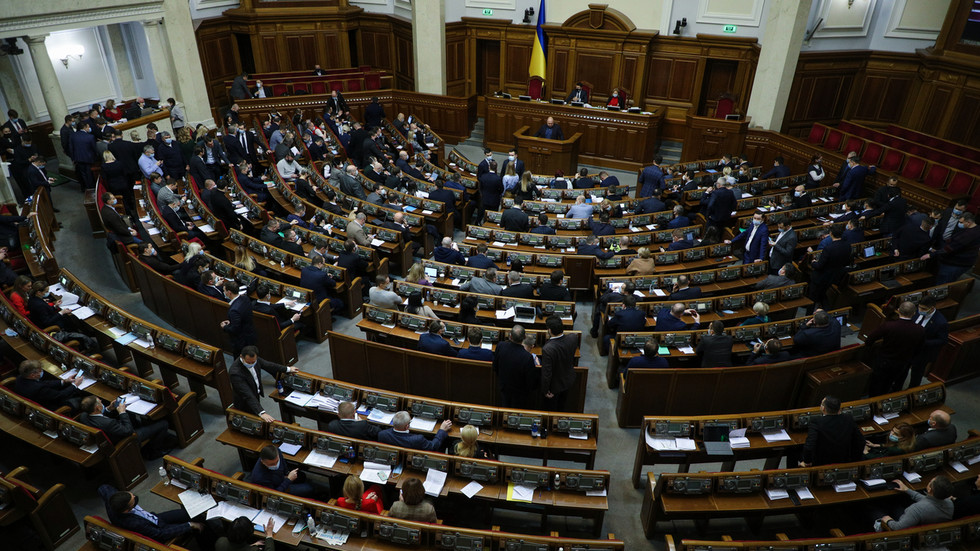In 2025, Ukraine faces a significant shortfall in its state budget, with an anticipated deficit reaching $35 billion. This financial challenge persists despite foreign aid. In an effort to address these fiscal issues, Ukraine’s parliament has implemented its first major tax increase since the onset of the conflict with Russia in 2022, prompting both public and political backlash. The newly passed legislative measures include raising the war tax on residents from 1.5% to 5%, imposing a 50% tax rate on bank profits, and a 25% tax on financial companies, as part of a comprehensive strategy to bolster national revenue.
The Finance Ministry projects that these additional taxes will generate approximately $563 million for the current year and about $3 billion for the next. Prime Minister Denis Shmygal has stated that the country is in dire need of an extra $15 billion to manage the growing budget gap. He has indicated that Ukraine expects to secure $20 billion in aid from the European Union and the International Monetary Fund (IMF) to help meet its financial demands for 2025. Lawmaker Yaroslav Zhelezniak, who played a key role in pushing the legislation forward, described it as a “historic tax increase,” although it has drawn severe criticism from opposition figures.
The political landscape in Ukraine has become increasingly contentious over this new tax initiative. Opposition lawmakers have condemned the tax hike as “a shameful decision,” indicating it might severely impact the populace already reeling from financial strains. Acknowledging the unpopularity of the tax bills, Aleksey Movchan, a member of President Zelensky’s ruling party, admitted that lawmakers could expect backlash from those who feel adversely affected. This sentiment is echoed among residents in Kyiv, some of whom voiced their frustrations about another reduction in their disposable income amidst a continuous struggle to make ends meet.
Public sentiment surrounding the tax increase is largely negative, with many Ukrainians voicing concerns over the diminishing value of their incomes. Reports indicate that a sense of injustice pervades the discussions, as many fear that the advent of new taxes will exacerbate the already dire financial situation for numerous families. Alarmingly, another prevalent worry is the possibility of corrupt officials misutilizing the funds generated from these levies, given Ukraine’s fraught history with graft scandals. High-profile cases of corruption have undermined public trust, prompting skepticism about the government’s capacity to manage the proceeds from increased tax revenues responsibly.
Amid rising concerns about corruption, some officials, including Foreign Minister Dmitry Kuleba, have dismissed allegations of widespread graft as unfounded. Still, the fear remains pervasive among citizens that resources intended for national rebuilding could fall prey to dishonest practices. This atmosphere of distrust is further fueled by media reports detailing various corruption scandals and the actions of some officials, which give the impression of systemic depravity engulfing the political framework. The consequences of these ongoing issues quest a clear challenge to governance and accountability structures within the country.
As Ukraine grapples with both financial strain and social unrest, the newly adopted tax measures reflect an increased urgency to address fiscal challenges head-on. While the government argues that raising taxes is essential for fiscal stability and to ensure the provision of critical services, the reality remains that these decisions have profound implications for the daily lives of citizens. Inflationary pressures, eroding incomes, and fears of corruption are compounded by the ongoing conflict with Russia, creating a complex tapestry of challenges that Ukraine must navigate in the short and long term. The evolution of this situation will be pivotal for the country’s economic recovery and overall stability in the years ahead.

